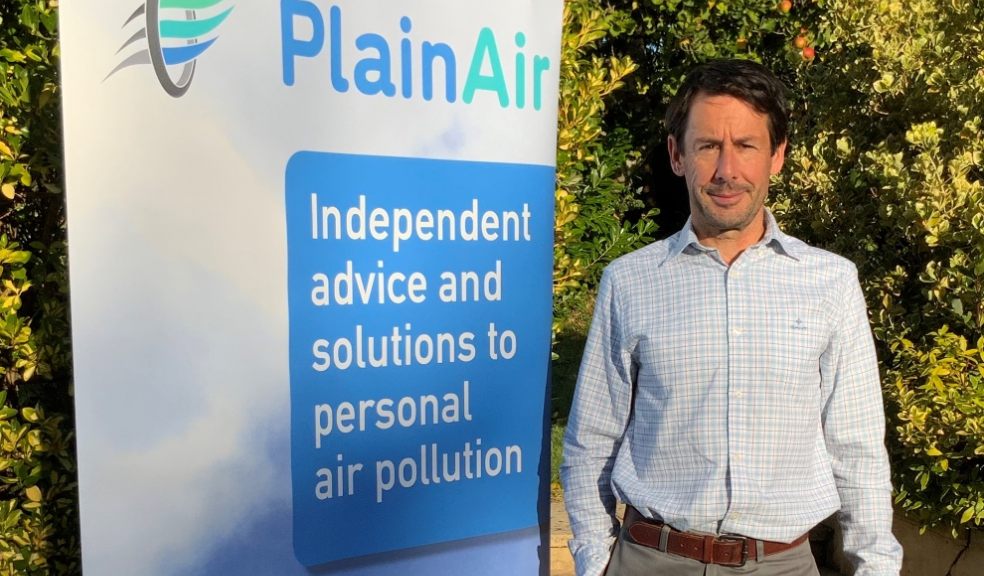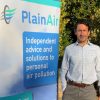
Dentists urged to enhance COVID safety
More dentists in England, Wales and Northern Ireland need to follow the lead of their Scottish counterparts and install high-grade air purification systems, if they are to stay profitable during the pandemic.
That’s according to air quality specialist, John Wilton Davies, who advises a range of businesses, including dental practitioners, on keeping their premises COVID-19 secure.
Where surgeries carry out procedures that may generate aerosols, guidelines require fallow time – the period from when the procedure finishes to the time the room may be cleaned in preparation for the next patient. The baseline requirement is now 30 minutes and is designed to allow any aerosols to settle or disperse.
Under the recently revised guidelines, if the practice has ventilation or purification systems that change or clean the entire volume of air in the room at least 10 times an hour (known as ACHs – Air Changes an Hour), the fallow time can be reduced to as little as 10 minutes.
Mr Wilton-Davies, who runs the Exeter-based company, Plain Air, says speeding-up the time between patients considerably increases the number that can be treated each day and can make a big difference to profits.
He says: “There are quite a few alternative solutions currently being marketed by product manufacturers. We provide an independent advice service so that dentists can understand the options and obtain their preferred solution quickly, with no disruption to services.
“The cost of installing suitable equipment is often less than the fees earned in a single day. And being able to close the windows, reduce heating costs and keep the temperature comfortable is especially valuable.”
According to Mr Wilton-Davies, Scottish dentists are ahead of the game, as their rules were the first to specify a precise ventilation requirement.
Dr Rami Sarraf, who runs First Alba Healthcare with Dr Ewa Plewa Sarraf, and has five practices in and around Dundee, has fitted air purifiers in all his surgeries, specified to achieve at least the required 10 ACH’s.
He says: “Once we understood the relationship between aerosol generation and Covid-19, and NHS Scotland issued guidance, we knew it was both a sensible safety measure and sound business sense to be able to reduce our fallow times as far as possible. However, with a plethora of competing options and costs, a lot of unreliable product claims online, and wanting to have the solution up and running as soon as possible, we wanted to take independent advice. Plain Air talked us through everything and had us up and running in a few days.”
The rules for dentists were introduced after the World Health Organisation accepted that Covid-19 could be spread through aerosols.
Mr. Wilton-Davies would now like to see similar guidance extended to GP surgeries, opticians, care homes, schools and colleges, hairdressers and other businesses: “Drilling a tooth generates aerosols, but so does singing, shouting, exercising, talking and simply breathing. We all exhale tiny droplets with every breath. Just look at your breath when you go outside on a cold morning.”




















